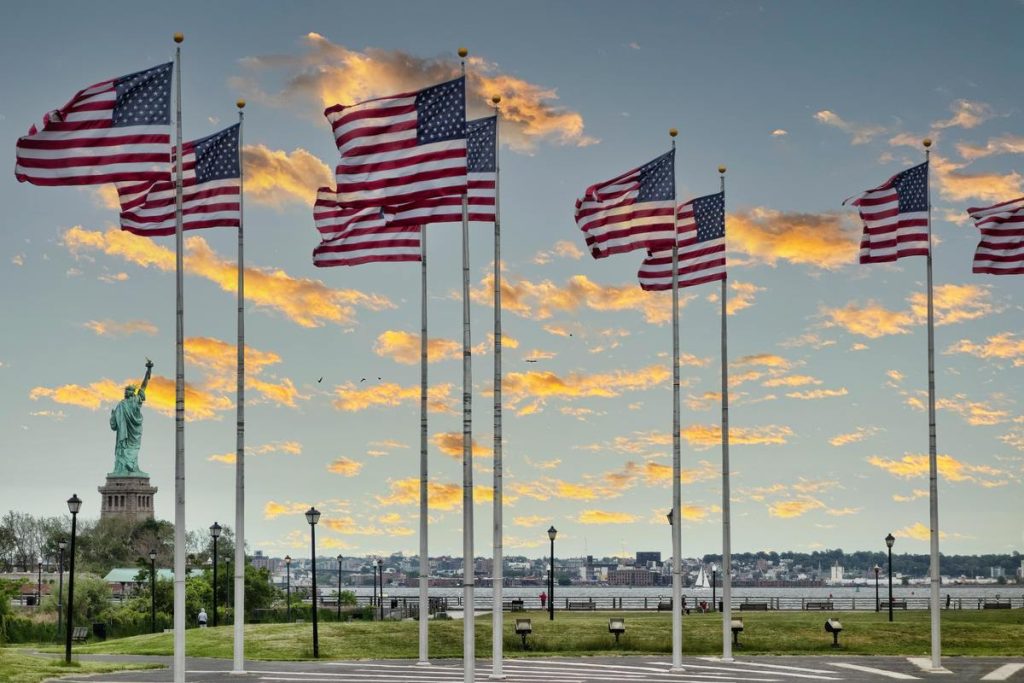In recent years, the political landscape around cannabis use has dramatically shifted. A prime example of this shift can be seen in the state of New Jersey. This article provides an in-depth analysis of the journey towards cannabis legalization in the Garden State, highlighting the key events and legislative actions that led to its current status.
The Journey Begins: The Push for Legalization
On February 22, 2021, New Jersey made a significant stride towards cannabis reform. Governor Phil Murphy signed three critical bills, setting the stage for a new era in the state’s cannabis policy. This historic moment marked the culmination of a three-year campaign advocating for the regulation and taxation of cannabis.
In November 2020, New Jersey residents voted overwhelmingly in favor of a referendum supporting cannabis legalization. The legislature responded promptly the following month with the passage of two measures, S.21 and S.2535. These bills, however, faced a temporary halt due to concerns regarding penalties for underage use.
Breaking the Impasse: Addressing Underage Penalties
The deadlock was broken on February 19, 2021, when the Senate Judiciary Committee advanced A.5342, a bill addressing penalties for underage use. Three days later, both legislative chambers voted to approve A.5342. Governor Murphy promptly signed all three bills into law, marking a new chapter in New Jersey’s cannabis journey.
The Regulatory Body: Establishing the Cannabis Regulatory Commission
With the bills signed into law, it was time to set up the machinery for regulation. On February 25, 2021, Governor Murphy announced his appointments to the Cannabis Regulatory Commission (CRC), with Dianna Houenou named as the inaugural chair.
The commission’s mandate includes overseeing the medical cannabis marketplace, providing oversight for adult-use recreational cannabis, and developing rules for adult-use licenses.
Setting the Rules: CRC Adopts Initial Adult-Use Rules
The first set of rules for adult-use cannabis were adopted by the CRC on August 19, 2021. These rules prioritized applications from minority-, women-, and disabled veteran-owned businesses, as well as applicants from designated impact zones. The CRC also proposed flexible application requirements for microbusinesses and set application fees as low as $100.
Opening the Market: Accepting License Applications
On December 8, 2021, the CRC approved 30 additional medical licenses, effectively doubling the number of medical dispensaries in New Jersey. The commission started accepting license applications for cultivators, manufacturers, and testing laboratories from December 15, 2021. Applications for retailers began being accepted on March 15, 2022.
The Market Takes Off: The First Day of Adult-Use Sales
The adult-use cannabis market officially opened on April 21, 2022, with nearly $2 million of cannabis products sold on opening day. Thirteen individual dispensaries were authorized to begin operations. The CRC issued guidelines for medical patients and adult-use consumers, setting purchase limits based on the type of consumer.
Social Equity Efforts: Setting a New Standard
In addition to legalizing cannabis, New Jersey also led the way in establishing new standards for social equity. The legalization law prioritizes social equity businesses in the application review and approval process, setting aside a quarter of the total licenses issued for these businesses.
Building on Momentum: Expanding the Medical Cannabis Program
The legalization of cannabis in New Jersey also built on earlier reforms to the medical cannabis program. In June 2019, Governor Murphy signed Jake’s Law, named after a young patient who used medical cannabis during his battle with cancer. The law expanded qualifying conditions for medical cannabis use, added anti-discrimination protections, and increased access by allowing home delivery of cannabis and increasing the number of cultivators.
Cannabis and the Law: Decriminalization and Legal Status
With the new laws in place, the legal status of cannabis in New Jersey changed. The state now operates a two-tier framework that distinguishes between regulated cannabis, which is fully legal, and marijuana or hashish, which are largely decriminalized for non-distribution offenses.
Law Enforcement Guidance: Navigating the New Landscape
To help law enforcement navigate the new legal landscape, Attorney General Grewal issued two documents providing guidance on the new enforcement requirements and instructing prosecutors to dismiss charges for offenses no longer illegal under state law.
Looking Ahead: The Future of Cannabis in New Jersey
The journey towards cannabis legalization in New Jersey is a testament to the changing attitudes towards cannabis in the United States. As the state continues to navigate this new landscape, it sets a precedent for other states contemplating similar reforms. The focus on social equity demonstrates a commitment to ensuring that the benefits of legalization are shared widely and equitably.
For New Jersey residents and businesses, the future of cannabis looks promising. However, it is crucial for all parties to stay updated on the evolving legal landscape to ensure compliance and make the most of the opportunities that this burgeoning market presents.

